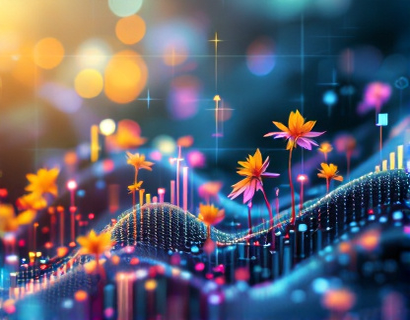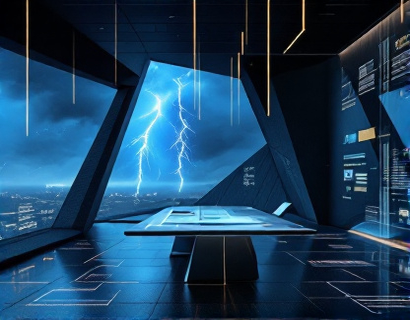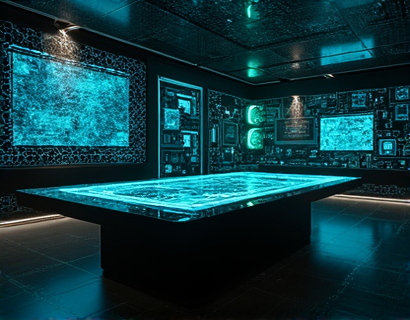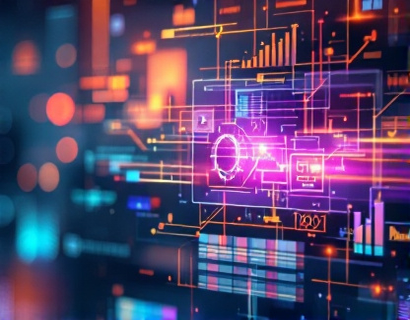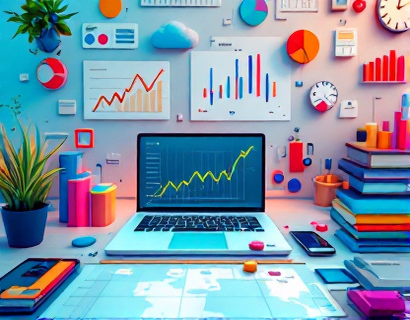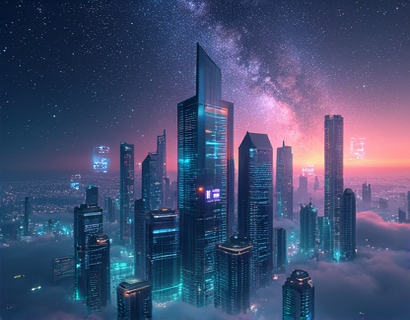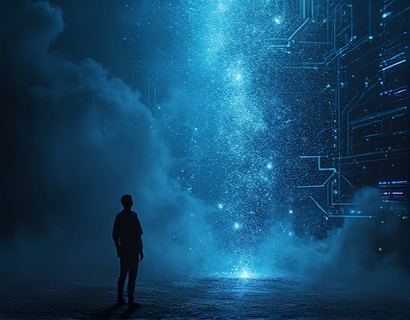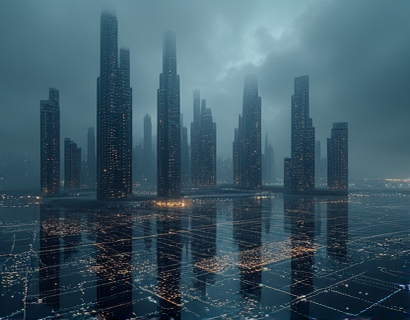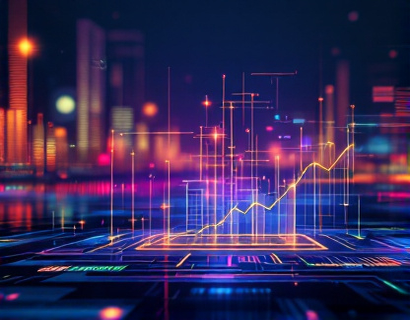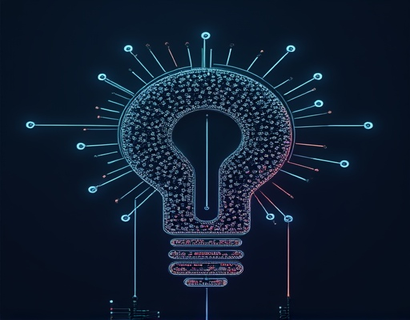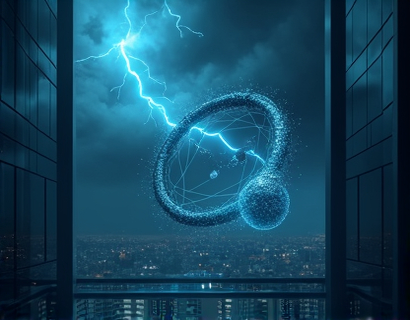Unlocking Musical Potential: Harnessing AI for Advanced Composition and Production
The integration of Artificial Intelligence in music creation has opened new horizons for artists across the globe. This technological advancement offers unprecedented opportunities to streamline the composition and production processes, significantly enhancing creativity and sound quality. The innovative software at the forefront of this revolution provides artists with intuitive tools that not only simplify the music-making process but also inspire and elevate their artistic vision. This article delves into how AI is transforming the landscape of music creation, making it accessible and powerful for both seasoned professionals and emerging creators.
The Evolution of Music Creation Technology
The journey of music technology has been marked by continuous innovation, from the invention of the first recording devices to the digital revolution that changed how music is created, distributed, and consumed. The introduction of AI in music production represents the latest milestone in this evolution. Unlike traditional software that requires extensive knowledge of music theory and technical skills, AI-driven tools are designed to be user-friendly, allowing artists to focus more on creativity and less on the technical aspects.
How AI Enhances Composition
AI technology in music composition works by analyzing vast datasets of musical pieces to understand patterns, structures, and styles. This analysis enables the software to generate new musical ideas, harmonies, and melodies that align with the user's input or preferred style. For instance, an artist can input a few notes or a chord progression, and the AI will expand on this foundation, suggesting variations and developments that might not have been immediately apparent to the human composer. This capability not only speeds up the compositional process but also introduces fresh perspectives and innovative ideas.
Streamlining the Production Process
Beyond composition, AI significantly impacts the production phase of music creation. Traditional production workflows involve numerous steps, from arranging and recording to mixing and mastering. AI tools can automate and optimize each of these steps. For example, AI can assist in creating realistic drum patterns, generating high-quality synthesizer sounds, and even simulating the acoustics of different recording spaces. This automation reduces the time and effort required, allowing artists to focus on refining their artistic vision rather than getting bogged down in technical details.
Intuitive Tools for Enhanced Creativity
The software equipped with AI technology is designed with an intuitive interface that makes it accessible to users of all skill levels. For beginners, it serves as a gateway to music creation, providing a structured and guided approach to learning and experimenting with different musical elements. For professionals, it offers advanced features that can push the boundaries of their creativity. The tools are designed to inspire, offering features like real-time collaboration, dynamic sound manipulation, and interactive visualizations that help artists explore and refine their ideas in a more engaging and immersive way.
Elevating Sound Quality
One of the most significant advantages of using AI in music production is the enhancement of sound quality. AI algorithms can analyze and optimize audio files, removing noise, correcting pitch and timing issues, and applying professional-grade effects with precision. This ensures that the final product is of the highest quality, consistent with industry standards. Moreover, AI can suggest improvements and adjustments based on best practices and current trends, helping artists achieve a polished and competitive sound.
Personalization and Customization
AI-driven music creation tools offer a high degree of personalization, allowing artists to tailor the software to their specific needs and preferences. Users can customize presets, adjust algorithm parameters, and even train the AI to better understand their unique style and preferences over time. This level of customization ensures that the tools not only assist but also complement the artist's creative process, making the music creation experience more personalized and fulfilling.
Collaboration and Community
The integration of AI in music creation also fosters a sense of community and collaboration among artists. Online platforms and applications enable musicians to share their projects, collaborate in real-time, and receive feedback from peers and mentors. This collaborative environment accelerates learning and innovation, as artists can learn from each other and build upon collective knowledge and creativity. AI facilitates these interactions by providing tools that make collaboration seamless and efficient.
Challenges and Considerations
While the benefits of AI in music creation are undeniable, there are also challenges and considerations to keep in mind. One of the primary concerns is the potential loss of the human touch and emotional depth that is often associated with music created by humans alone. However, AI is not meant to replace human creativity but to augment it, providing tools that enhance and expand the artist's capabilities. Additionally, there is a need for continuous learning and adaptation as AI technology evolves, ensuring that artists stay updated with the latest tools and techniques.
Future Prospects
The future of music creation with AI is promising and full of potential. As technology advances, we can expect even more sophisticated tools that further blur the lines between human creativity and machine intelligence. The integration of AI with other emerging technologies, such as virtual reality and blockchain, could lead to entirely new forms of music experiences and distribution models. The key will be to balance technological innovation with artistic integrity, ensuring that the essence of music creation remains true to its human roots while embracing the benefits of AI.
Conclusion
In conclusion, the harnessing of AI in music composition and production represents a revolutionary shift in the way music is created and experienced. By providing intuitive tools that streamline the creative process, enhance sound quality, and foster collaboration, AI empowers artists to unlock their full potential and push the boundaries of musical expression. Whether you are a seasoned professional or just starting your musical journey, embracing AI technology can transform your creative process and open up new possibilities in the digital age of music.





